Election season is upon us, with early voting having already passed, and the election being held on November 5, 2024. Interested in how 10-12 students and faculty members at the Academy were feeling about the presidential elections, I asked more than 65 people around campus three questions: how they were feeling about the upcoming elections, if they were going to vote or thought it’s important to vote, and if they felt like we talk enough about politics at the Academy.
Teachers and students alike felt that our upcoming elections are very important, as they may determine the fate of the USA and the world. Many feel worried and nervous and dread the outcomes, while others are more hopeful, having a more optimistic perspective. Many 10th graders said they feel like it doesn’t impact them that greatly and they don’t feel like they can make a difference as they are not of voting age. Nearly every 10th grader said they find voting extremely important, saying that “you should not complain about our government if you are not doing anything to change it.” Voting is the first step to securing a democracy, where every voice matters and every vote counts. I followed up this question by asking students if they felt educated enough to vote. Many responded with yes, but feel like it is the school’s responsibility to give us a well-rounded education, with, as an anonymous sophomore stated, a “more objective curriculum without influence and opinions.” Even history teachers feel like it is important to start incorporating a political education or a civics class into their curriculum. However, Haley Brill, a 10-12 history teacher, says many are struggling to “find a middle ground, where everyone in the classroom feels respected and seen.”
Class of ‘25 also feels like voting is extremely important for our democracy and future. Most seniors will still be 17 when November 5th comes around, but that doesn’t stop them from thinking about their future, especially because they will soon be of voting age. “It’s a very polarizing election, with both sides having good and bad,” said a senior who is taking a government policy class; “Even in my Government Policy Class, I don’t feel like we talk about the elections as much as we should.” Most of the class of ‘25 feels pretty nervous about the upcoming elections, especially after watching the debates. Quinn Ross ‘25 felt anxious after watching the presidential debate, saying, “There was no talk about policy, no listening to the other person and it feels like nothing needed [in terms of politics and policies], will be done…” His response was followed by another anonymous senior, who felt that if the polls continue to be true, they don’t know how to feel, but are hopeful to see a progressive change in our democracy.
A handful of 10-12 students argued that school is no place for politics. Another sophomore who chose to remain anonymous said, “I feel like as soon as we bring up politics, there will be fights and conflicts of opinion, and I don’t think we would be able to achieve a respectful environment where everyone feels seen.” Others said that there are clubs like Speech and Debate or classes like Economics and Comparative Government, where you can talk about it more openly. Anagha Devarakonda ‘26, an editor for The Advocate and an enthusiast for Speech and Debate, said, “It depends on who your friends are, and your group environment, but collectively as a student body, it is not talked a whole lot about.” Others, who are part of ‘politically-active’ classes responded with similar answers, feeling that even in clubs like Speech and Debate, elections and politics are rarely discussed unless the subject requires it.
Almost all 10-12 students do not feel like we talk enough about politics on campus, even in history classes, Speech and Debate, Model UN, Mock Trial, and other clubs and subjects regarding our economy and political system. Students feel like it could be more. They feel uninformed, not just about the elections, but also about wars and other everyday issues regarding our world and our future.
—
I was taught that politics is always changing, and we as the next generation are the ones who can change it, but how can we change this if we don’t even know what is going on?
So what can school do to help us stay informed? Media Literacy. Everyday we are scrolling online, whether it be on TikTok, Instagram or your friends’ Snapchat stories, news is constantly traveling, and now with artificial intelligence, it is harder than ever to know if something is real or not. Media literacy education teaches students to routinely apply critical inquiry, reading, and reflection skills to all forms of media that they encounter. It allows them to understand if something has been doctored to appear a certain way. With this, it should allow everyone to look at news sources and inform themselves with the correct understanding and education.
We should all have a clear understanding of how our system works and what and who we’re voting for. Whether that means talking about different news sources or talking about political parties’ policies, all of this should be done in a respectful manner, where everyone feels seen and heard.
Academy’s Election Feels
Students and faculty agree that voting is important but acknowledge difficulties in politics talk at school.
Leah Gajraj ’27, Writer
November 4, 2024
Categories:
1
5
Tags:
More to Discover
About the Contributor

Haley Pedersen ’25, Graphics Editor
Haley ‘25 is the Advocate’s Graphic Art Editor. Their overall artist career sprouted at a young age from their various dragon sketches and drawings, while their digital art career with The Advocate was initiated in the 8th grade. As well as an Advocate staff member, Haley is involved with numerous other Albuquerque Academy clubs such as Science Olympiad, Engineering Club, Go Club, and Stargazing Club. Outside of their school activities, Haley is found munching on a Rice Crispy treat, specifically with rainbow sprinkles, while chatting on Discord with friends and playing Cookie Clicker on their computer.


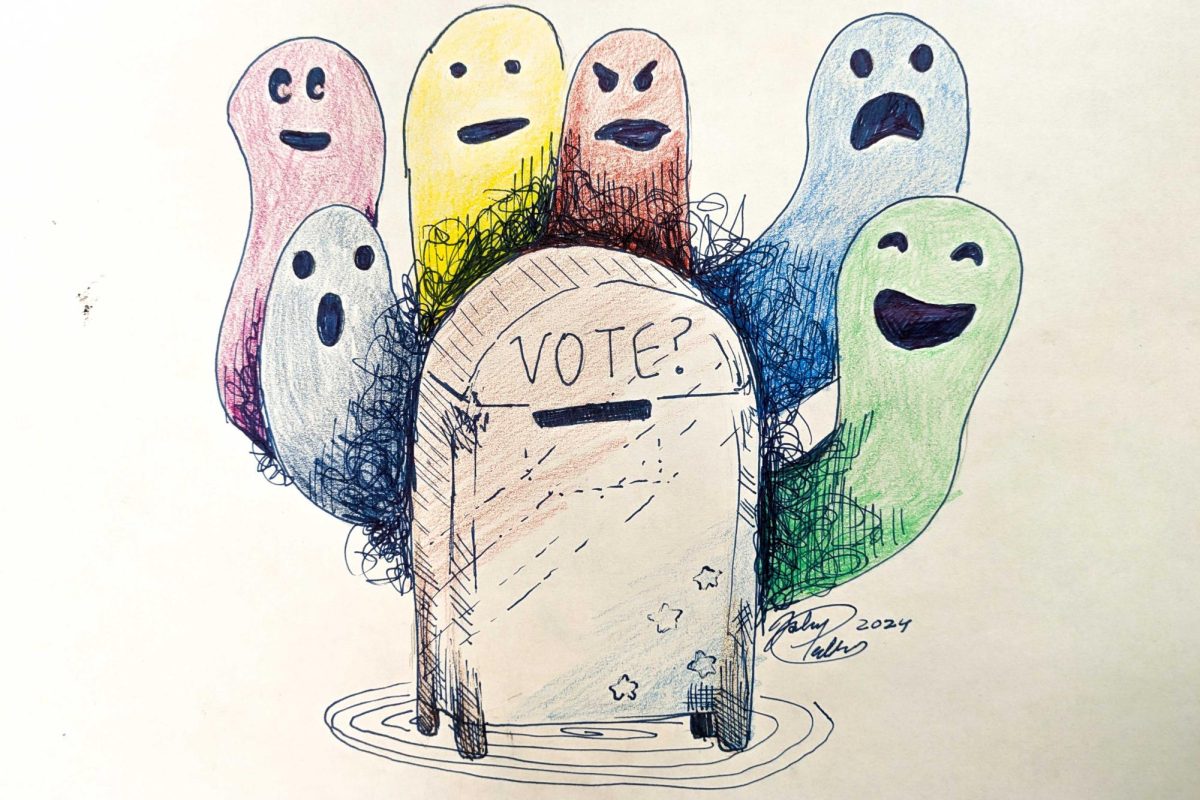
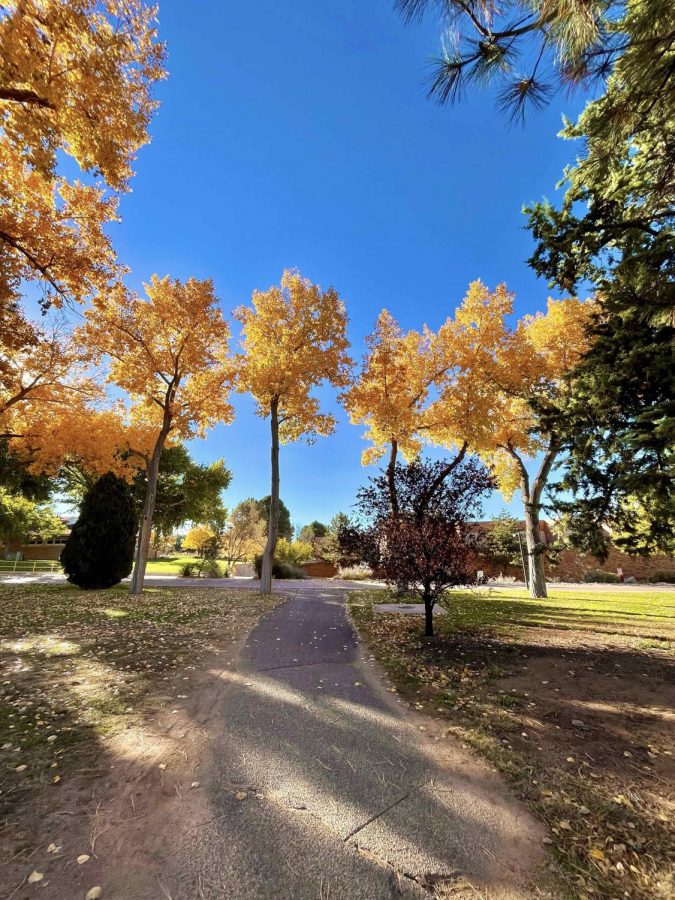
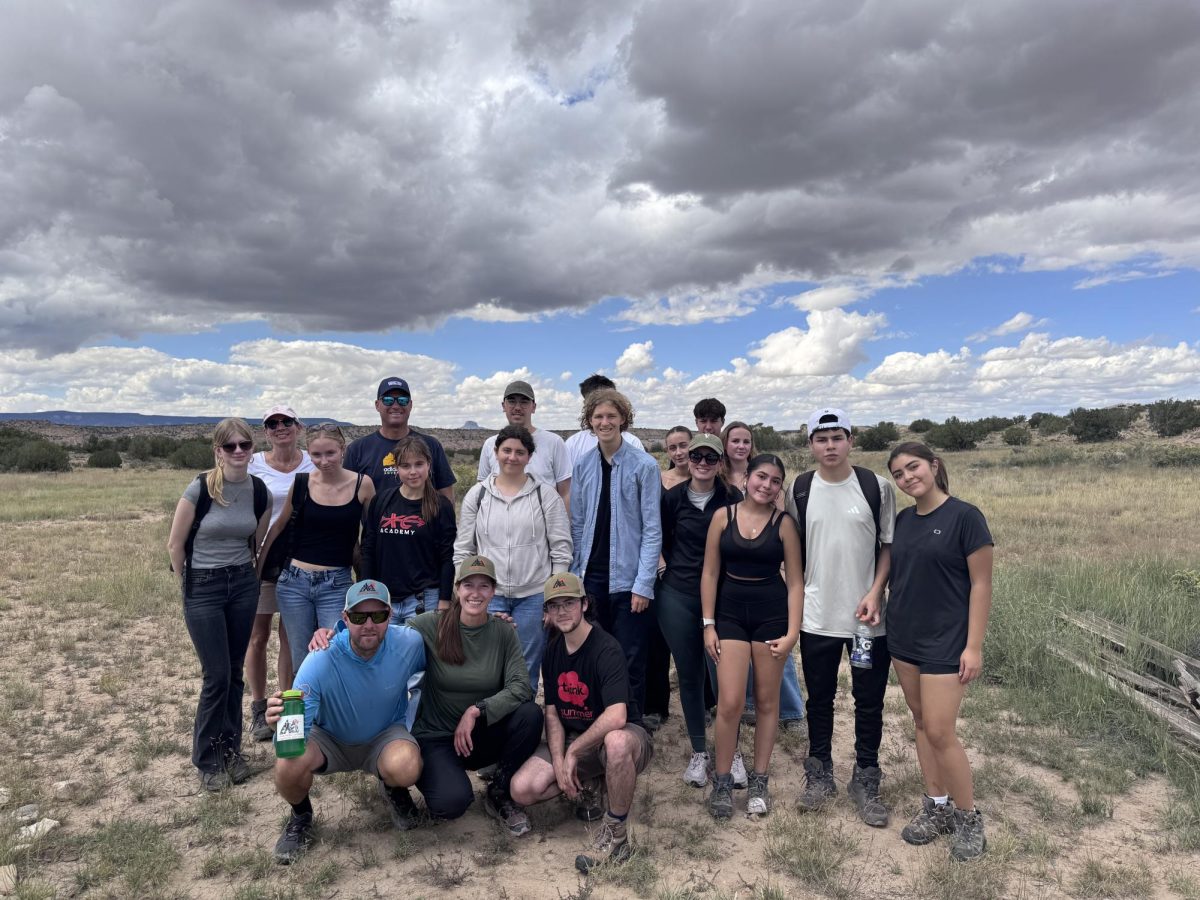
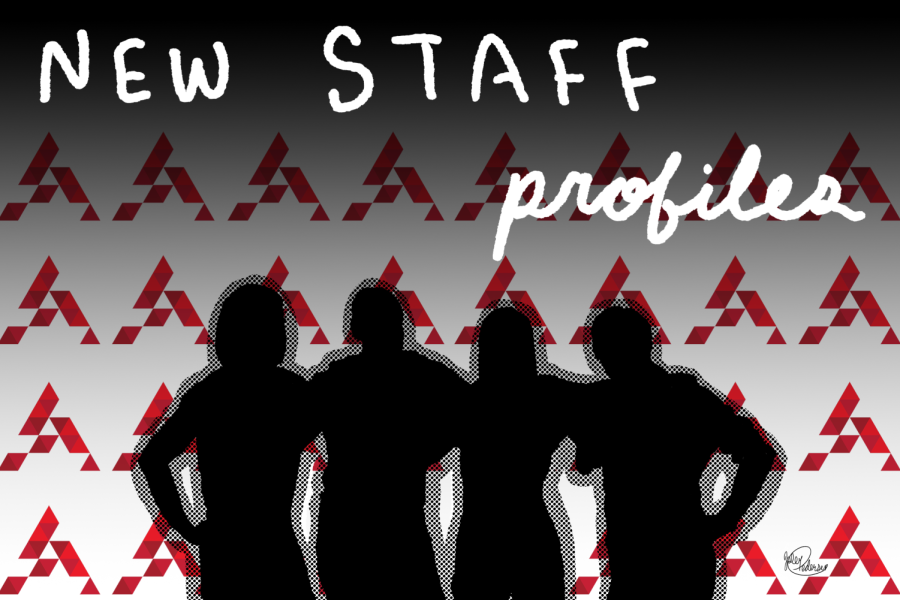
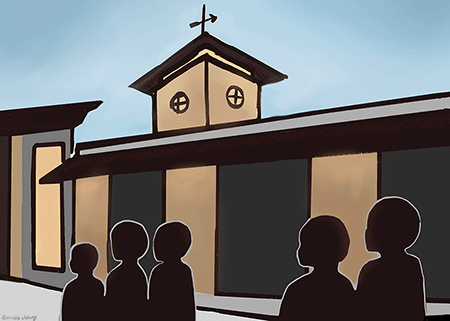

Dean Jacoby • Nov 5, 2024 at 11:43 am
Leah–thank you for doing this research and helping us understand how students are feeling about the election and the ways in which they were able to learn and discuss about it here at the Academy.
It is a tough subject on many levels but few are more important. I appreciate you taking it on in such a generous way, giving space for many different perspectives.